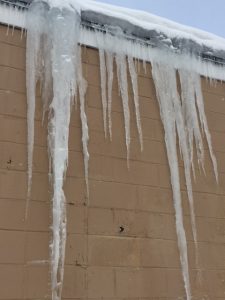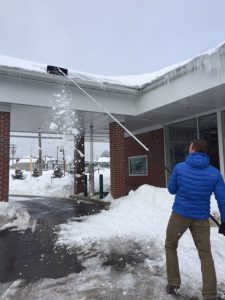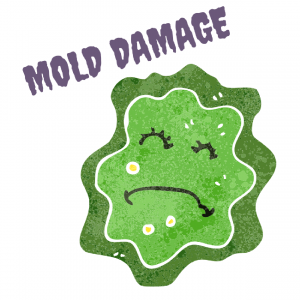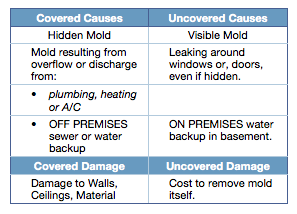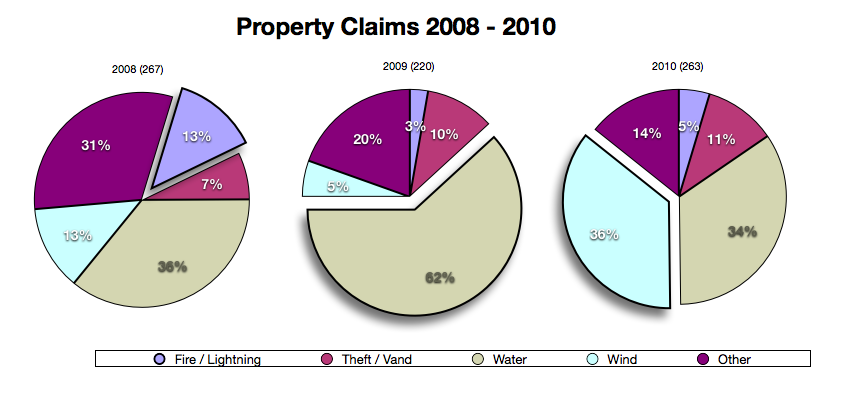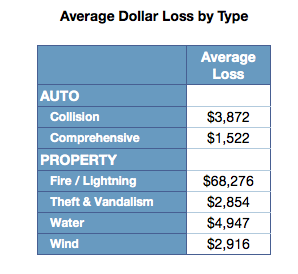Thanks to Maine’s rural nature, mature population, low crime rates and high percentage of insured drivers, buyers of Maine auto insurance and home insurance pay some of the lowest insurance rates in the U.S. Still, there are ways to reduce your insurance costs. Avoiding accidents, tickets and homeowners claims is an obvious one. Here are some others.
Shop Around
Insurance is a very competitive business, as evidenced by the volume of advertising in the media, mail and internet. Every insurance company sets their own rates, and evaluates people differently. If you bought your policy directly from an insurance company (like Allstate, GEICO, State Farm, etc.), they only offer rates from their company. You’ll have to shop on your own.
Consult a Maine independent insurance agent who represents many companies; they will do the shopping for you. Many of them even have web sites where you can compare Maine home and auto insurance quotes from multiple companies.
The Best Time to Shop for Insurance
Your home and car insurance rates depend greatly upon your insurance score. That score is based on most of the same information as your credit score. The higher your score, the lower your car and home insurance rates. To get the best price, shop for insurance when your score is good.
In general, your insurance score decreases when you:
- Make a late payment on any type of loan or bill.
- Use a higher percentage of your available credit
- Apply for a loan or credit card (applying for insurance does NOT affect your score).
The time to get the best insurance rates is BEFORE refinancing or buying a home or car, and when your credit card balances are low.
Package Your Policies
Most insurers offer a significant discount for buying more than one policy from them. If you insure your property and your autos, you can often save $200 or more per year. The same goes for boats, snowmobiles, motorcycles or other types of insurance. Some insurers can even combine your billing, to simplify your bill-paying process, and reduce the clutter in your life.
Don’t Let Your Insurance Lapse
Every month, thousands of people get insurance cancellation notices due to non-payment of premium. This happens for reasons ranging from inattention to bills, to being on vacation, to simply not having the money.
If your insurance lapses, the insurance company may choose not to reinstate your coverage – especially if you’re a frequent slow payer. Few insurance companies will accept you after you have had a lapse in coverage – and they charge higher premiums to account for the additional risk. An easy way to save $250 per year or more: don’t let your policy cancel in the first place.
Communicate with Your Agent – Get the Discounts You Deserve
Your agent knows more about insurance discounts and rules than you do. They know which companies offer auto insurance discounts for driving few miles, owning a hybrid car, or a child being on the honor roll; discounts on home insurance for installing a generator or an alarm system; and which ones have best rates for young drivers. Some companies even offer a discount if you have your policy delivered electronically instead of by mail.
Certain life events affect your insurance, like sending a child off to college, inheriting a vehicle or property, and a child getting their driver’s license. By talking regularly with your agent, you will get advice on the best rate and coverage for your current situation.
Adjust Your Coverage
Pay attention to your deductibles and coverage. When you first bought your home, you may not have had the cash reserves to pay a $1,000 bill for damage. Perhaps now you do. Increasing your deductible from $500 to $1,000 can save hundreds of dollars a year.
Likewise, your auto policy may still have collision coverage on a vehicle with a very low book value. Your agent can help you estimate the savings by removing unneeded coverages or increasing deductibles.
Pay Bills Automatically
Most insurers now allow you to pay your insurance in monthly installments by Electronic Funds Transfer (EFT). Many charge very little – or nothing – for this option. Compared to the traditional “get a bill, write a check” method, this could save you $60 per year per policy. It also assures that your insurance continues without lapse, and improves your “on time payment” record, which helps your credit and insurance scores.
If you live in Southern Maine, and have questions about your insurance, contact Noyes Hall & Allen Insurance at 207-799-5541.



